Long before we understand the purpose of Raksha Bandhan, it becomes an eagerly awaited festival for us as kids. The morning hustle-bustle in the house, with parents trying to reach their respective siblings well before the appointed hour. The dresses, the short but sweet ritual of tying a thread on your brother’s wrist.
Gorging on bowls of sweets. The gifts, of course. But above all, knowing that at least today you and your brother won’t be at each other’s throats, pulling hair, kicking, screaming – almost vying for blood!
As you grow up, you begin to understand what Raksha Bandhan really means. Your bond with your brother changes. Fewer fights, more affection. You go from being sworn adversaries to lifelong friends, and that’s when you truly begin to appreciate the spirit of this festival in true earnest.
Not all brothers are as fortunate, but destiny has a way of making us whole again. This story is proof:
Raksha Bandhan: A Reminder Of A Loss
Table of Contents
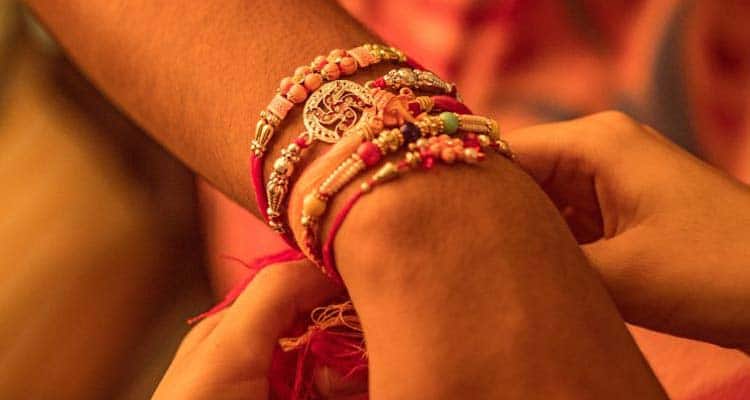
My husband was just three years old when he lost his older sister in a freak accident. What could have been worse for a mother than to lose her young child who was playing and laughing one minute and was no more the next! Though he was just three, my husband was impacted hugely and still remembers how it happened and the look on his mother’s face. He rarely talks about it, because the pain is way too much to express in words.
Raksha Bandhan is a huge deal in northern and eastern India. I never fully understood that feeling. We are just three sisters, no brother. We had cousins, but they all had their own sisters or a preferred cousin, so Raksha Bandhan wasn’t the same for us. It was just a ritual for us at most.
Raksha Bandhan is important for my in-laws
But after my wedding, I saw how big a deal it was in my sasural. How everyone comes together virtually and physically to celebrate this day. A day made even more special as my in-laws celebrate Hindu tithi birthdays with great zeal. My husband and son both have their birthdays on the Raksha Bandhan eve and so the season is as festive, happy and love-filled as it can be.
On this day, each year I see an extra rakhi for both my husband and his brother.
It is sent by the daughter of a family friend, a classmate of their late sister. This beautiful woman has been sending rakhis to both the brothers since their sister’s death. For over thirty years now. Every year. Without fail. Across continents. To us in Mumbai and to bhaiya in the UK. She doesn’t want anything in return and whatever we send is returned to my mother-in-law. Because she is doing this for her friend.
Yesterday we received the rakhi. A simple thread infused with blessings and love of two sisters, one beyond ties and one not bound by blood, a simple thread which makes us less of an island and more of family. It’s a reminder that people will always stand by their promises that friendship trumps everything… and for me and our family, this embodies the true essence of this auspicious day.
What Raksha Bandhan Really Means?
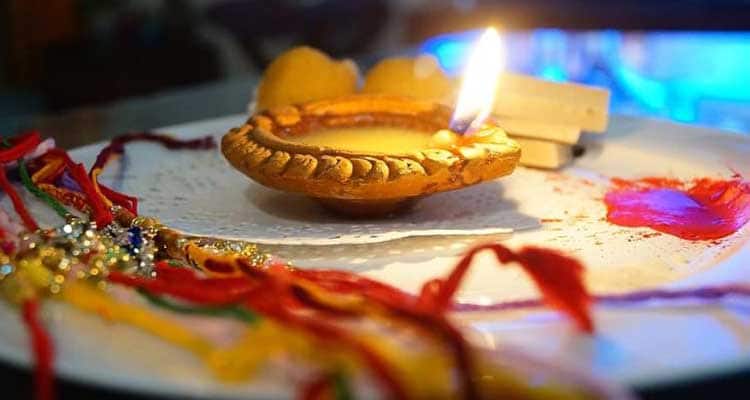
This heartwarming tale of a bond that transcends bounds of blood, distance and time make us want to revisit what Raksha Bandhan really means.
The word Raksha means to protect and Bandhan means bond.
So, it literally means a bond of protection shared between siblings. This popular festival celebrates the commitment and love between brothers and sisters. The holy thread tied around the brother’s wrist is the symbol of a renewed promised to always have each other’s back, no matter what.
As in the case of this story, the bonds of Raksha Bandhan often extend beyond family and blood ties. These threads of love are also exchanged among siblings by heart, cousins, sisters-in-law, and in some cases, aunts and nephews too.
History and importance of Raksha Bandhan
This festival is celebrated on Purnima or full moon day of the month of Sravan, which falls somewhere in July or August as per the Gregorian calendar. The origin of this festival can be traced back to a legend from the epic of Mahabharata.
As the story goes, on the occasion of Sankranti, Lord Krishna’s finger was cut by a kite thread. Incidentally, Draupadi, the wife of Pandavas, happened to be present at the scene. Upon seeing Krishna’s finger bleeding, his wife Rukmini sent a helper to get bandages whereas Satyabhama rushed inside to get it herself.
Draupadi, on the other hand, instinctively tore a part of her saree and tied it on Krishna’s wound to make the bleeding stop. Lord Krishna, in turn, blessed Draupadi with a promise to protect her. A promised he fulfilled by saving Draupadi from being stripped naked in the court of Hastinapur during the notorious cheer haran incident.
Since then, sisters tie a threat on their brothers’ wrists, who, in turn, promise to protect them against all evil.
The practice gained momentum during medieval times where a lack of security plagued the lives of women in India. So, these women would tie rakhis to men, seeking from them an assurance of protection.
Now that you know all about why and how do we celebrate Raksha Bandhan, make it a memorable one for your brother or sister. Do share your favorite Raksha Bandhan memory with us in the comments.
Why Shakuni Wanted To Destroy Hastinapur – Was It Love For His Sister or Something More?
Things you will relate to if you and your sister-in-law are best friends
Ask Our Expert
You must be Logged in to ask a question.

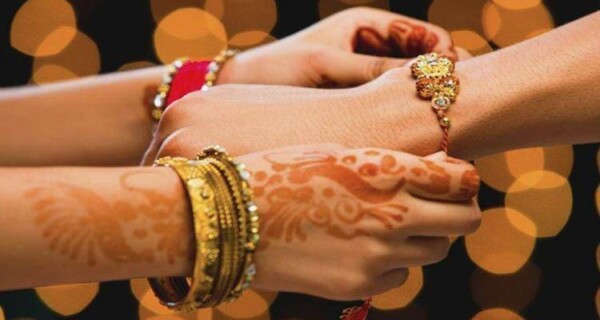


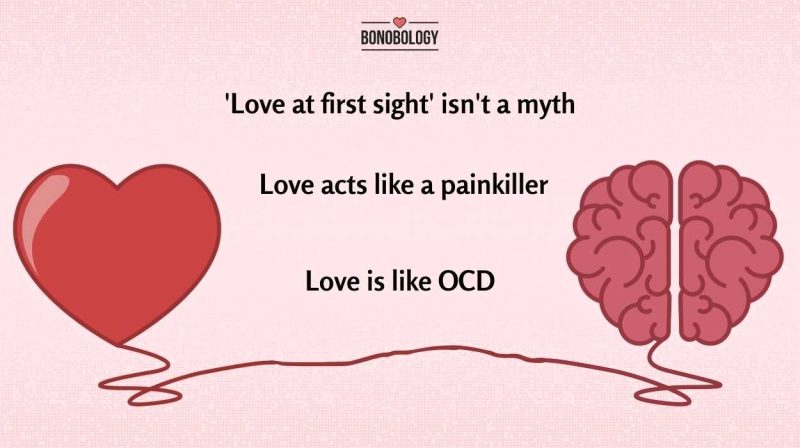




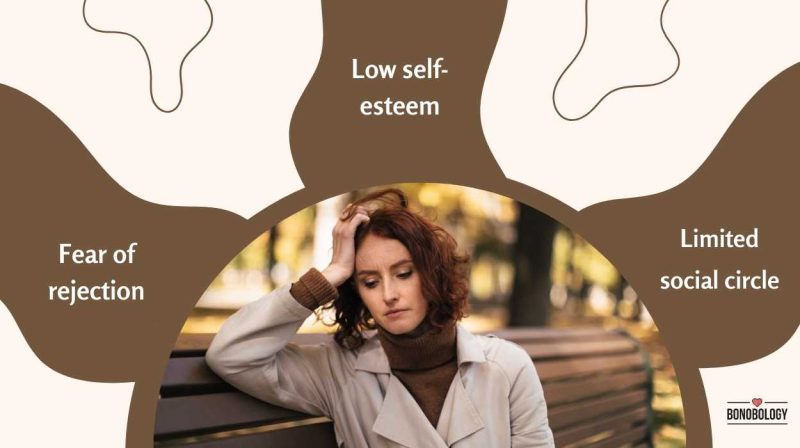




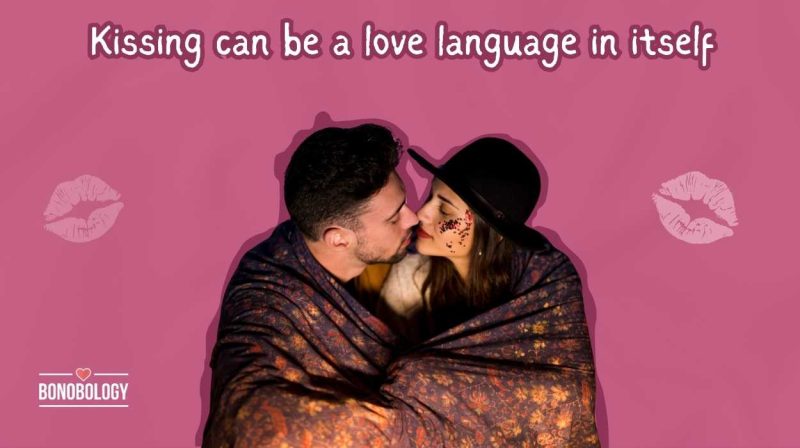
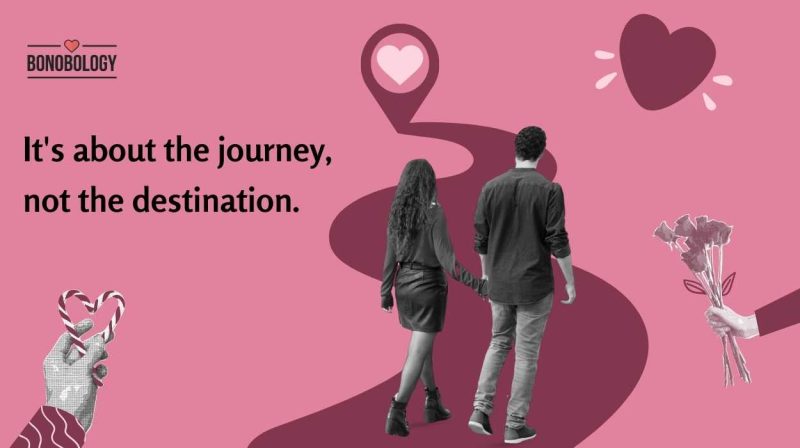






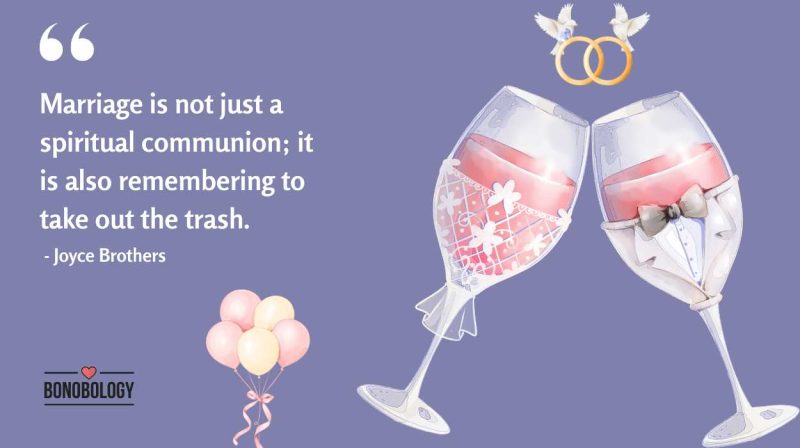
Touched!
Reading the piece I realized how sacred are our rituals and the bonding is not by blood, it’s a connection and a feeling of love and care towards each other.